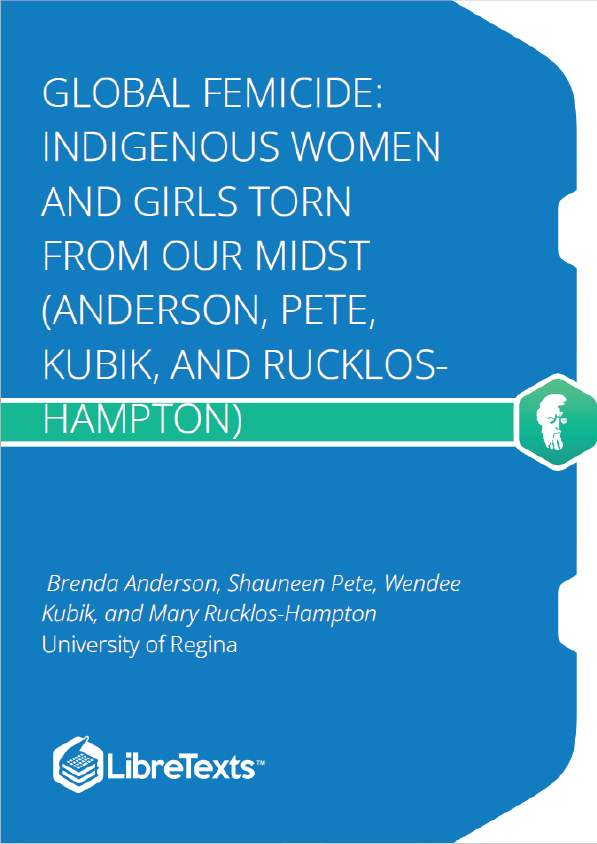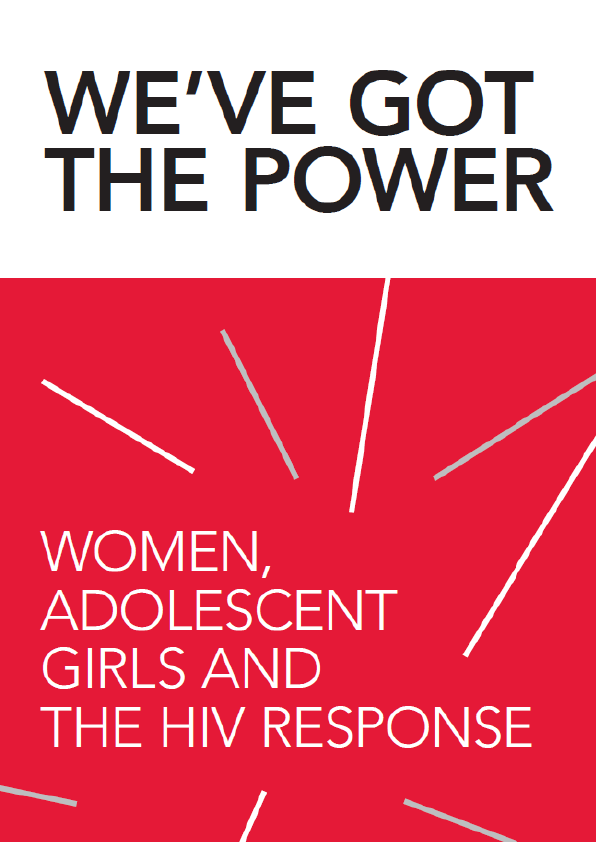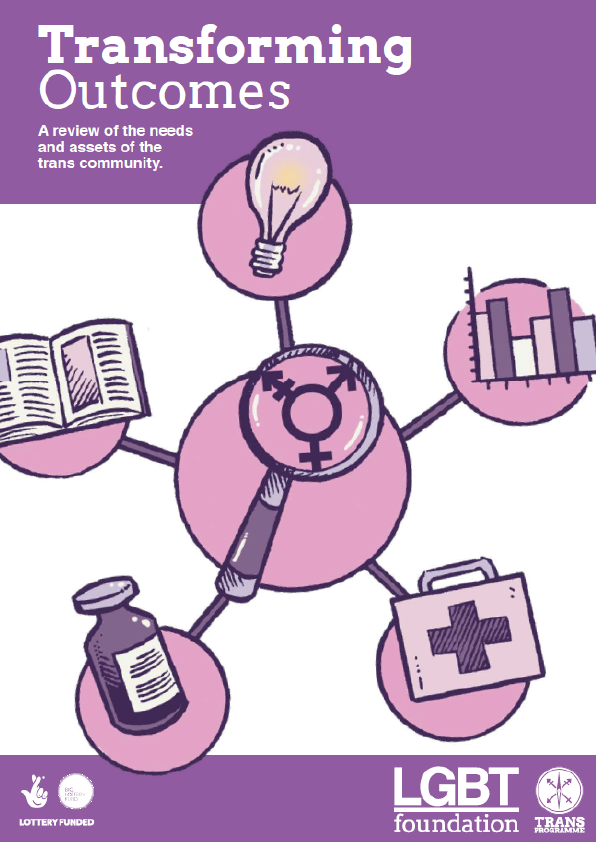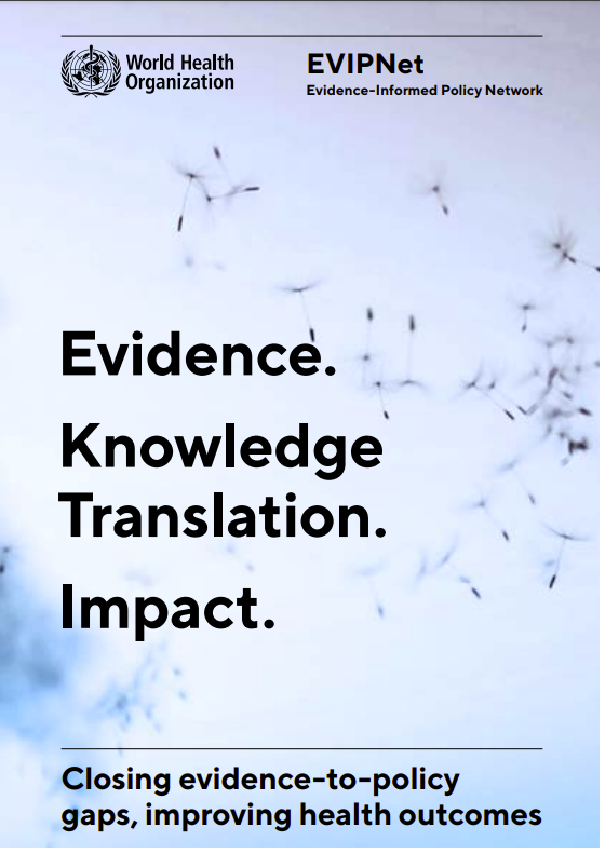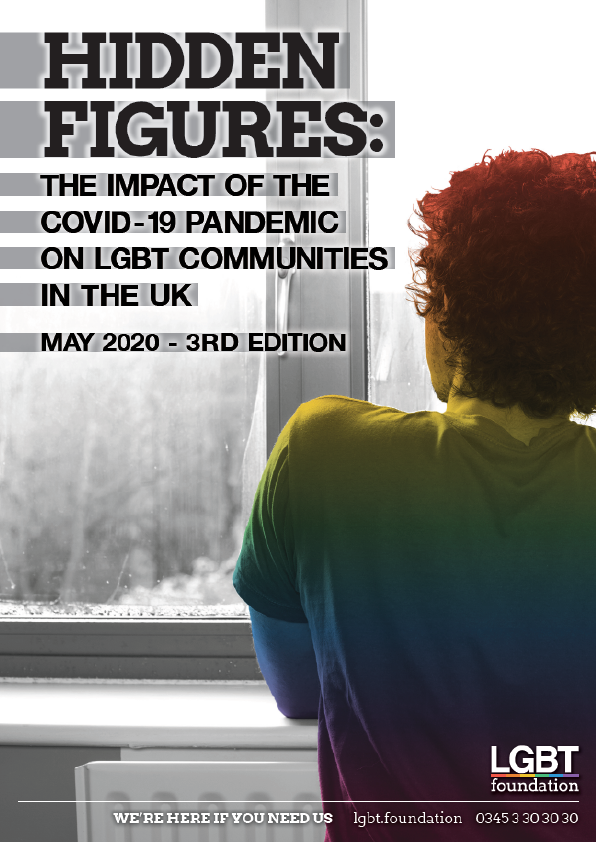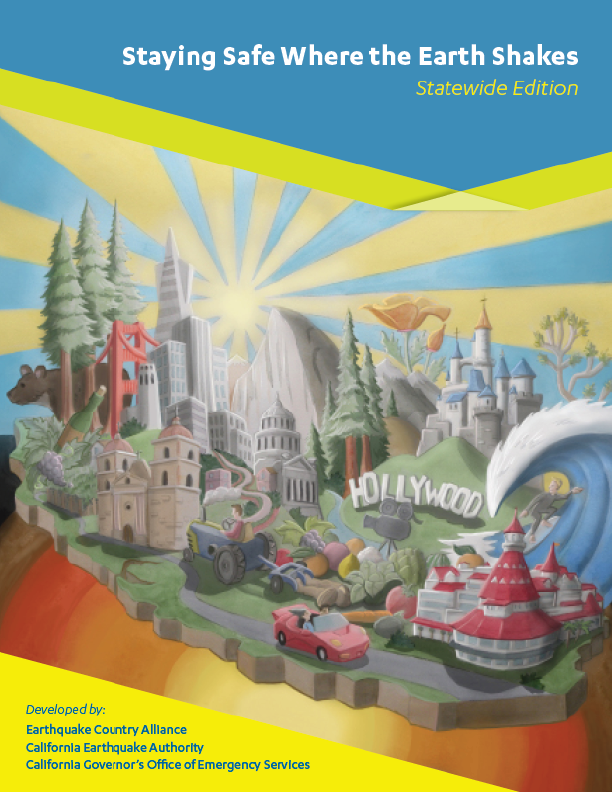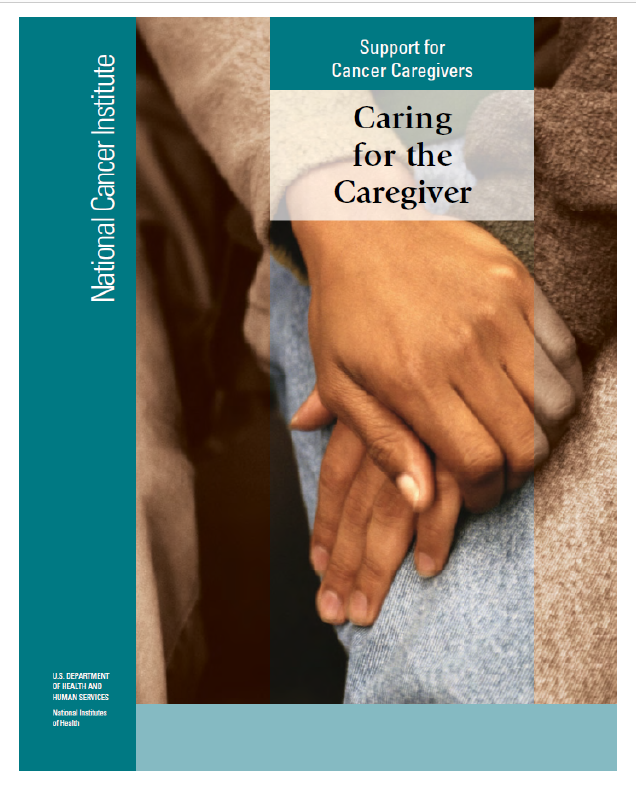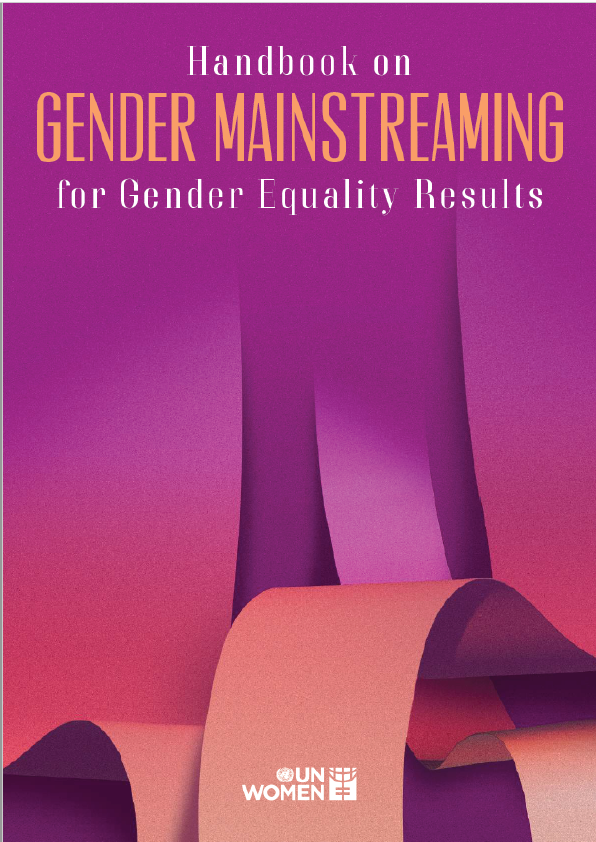In 2008, a Regina collective of academics, community workers, spiritual leaders, and family members held a conference titled “Missing Women: Decolonization, Third Wave Feminisms and Indigenous People of Canada and Mexico.” The proceedings and reflections were subsequently published as Torn from our Midst: Voices of Grief, Healing and Action from the Missing Indigenous Women Conference, 2008. Ten years have passed to our decision to create a second edition that not only provides updated and new material but is also a retrospective of what, if anything, has changed in the national and global context of violence against Indigenous women. This edition offers a decade-long snapshot of the national timeline of Indigenous/non-Indigenous relationships within which the Canadian National Inquiry into Missing and Murdered Indigenous Women and Girls (MMIWG) was conducted. We are situated at a critical moment in history, a liminal door frame from which we gaze back at the interminable cries for justice and forward to the implementation of the 231 Calls to Justice from the commissioners of the 2019 MMIWG inquiry. Laying our Canadian stories alongside the global phenomenon of femicide in other colonized countries such as Mexico and Guatemala, this book underscores the common and interlocking effects of racism and sexism on Indigenous women. The first report from the Canadian Femicide Observatory for Justice and Accountability confirms that the term femicide is every bit as applicable to Canada, where being female and being an Indigenous female makes you vulnerable to violence. “Indigenous women and girls were overrepresented as victims, comprising about five percent of the population in Canada, but 36 percent of those women and girls . . . were killed by violence” (#CallItFemicide, 7). This book provides testimony and evidence that sexualized and racialized violence is not only a product of colonization but continues to be used as a deliberate tool of colonization .
The process of redressing violence against Indigenous women begins with a two-pronged approach to education and relationship building. Such an approach was affirmed by the 300 participants of the 2008 conference and, a decade later, remains the framework of the National Inquiry. In this book, you find everything from personal stories to historic narratives to theoretical positionings to concrete political and public policy changes. In this way, we implore all Canadians to actively engage in knowledgeably redressing the vulnerability of brown-skinned women.
The rapidity of new developments, new stories, or new controversies on MMIWG is not what we can address specifically through the medium of a fixed book. What we can offer, and what we think is important, is the evolutionary, historic meta-narrative of the national discourse within which the specifics arise. Whether it is the documentation and analysis of violence against Indigenous women in northern Saskatchewan or the use of the word femicide rather than genocide in classrooms, the authors are commenting on the issues as they relate to the time of writing. What readers have, then, is a re-creation of the conversation within the framework of a decade or more. The hope of the editing team is that, by lending a decade-long retrospective, one that includes links to the global as well as the national context, we may contribute to the education and growing will of a nation to reconcile its past by committing to a new and safer future. And ultimately, throughout the book runs our desire to make our research matter, done in memory of those torn from our midst and in support of remaining family members.
Our editing team includes women who identify as Indigenous and women who identify as being of white settler descent. We note how our positionality affects our responses to current events, thereby modeling the need for all voices to be included at the table. Without all perspectives, we cannot fully redress colonialism nor hope to decolonize our hearts and institutions. Our hopes for the future reflect our status as women who actively work to eliminate all forms of violence against Indigenous women.
